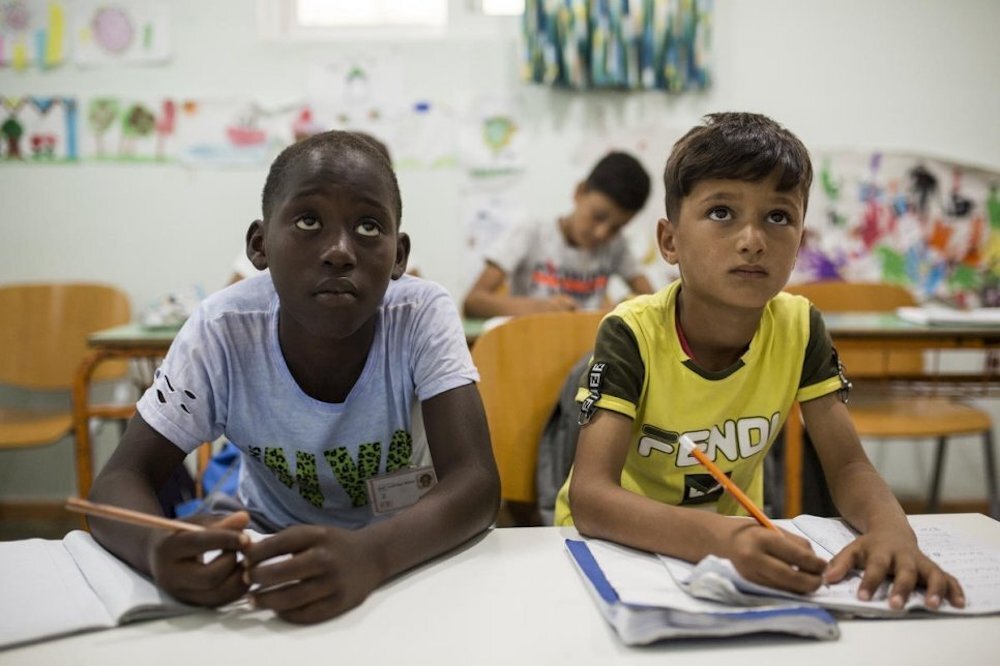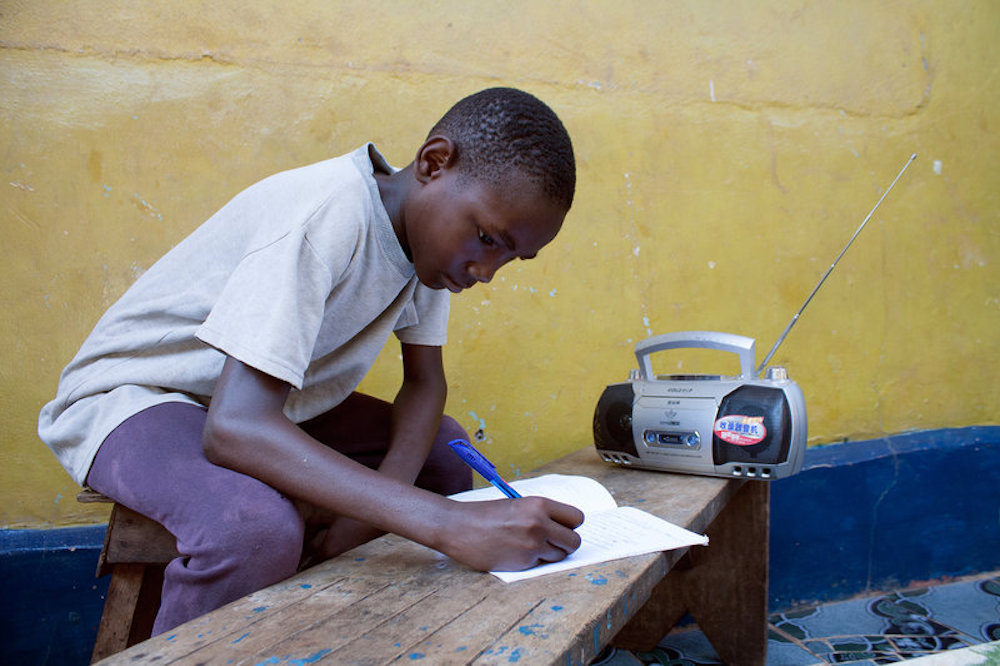
Iraqi children risk being poisoned by unsafe water at their schools
Health and nutrition
Over 277,000 students at 800 schools could contract diseases, a humanitarian organisation has warned.
Fatima takes a bottle of water to school every day – because of a health crisis that has seen more than 110,000 people poisoned in southern Iraq.
The water and sanitation infrastructure in the city of Basra has collapsed, leaving over 277,000 children at risk of contracting diseases at 800 schools.
“Many of us bring our own water bottles to school but the children from the poorest families can’t afford it,” said 10-year-old Fatima, who goes to Faihaa school. “They have no other choice but to drink the tap water, which is polluted.
“We started school one week ago but some of my friends are already sick because of the water and have to stay home or at the hospital.”
The health warning about school students came from the humanitarian organisation Norwegian Refugee Council (NRC). Teachers told NRC they are seeing concerning numbers of children hospitalised since the school year began – with health problems that include diarrhoea, vomiting, rashes and scabies.
“With classes just reopening after summer, more than 800 schools are now breeding grounds for an epidemic of water-borne diseases, including cholera, as temperatures drop in the coming weeks,” said NRC’s Country Director Wolfgang Gressmann.
“We are extremely concerned that the deteriorating water and sanitation infrastructure of schools and the overcrowded classrooms will catapult the city into a veritable public health disaster.”
NRC is working with some of the worst affected schools to ensure children get safe, drinkable water. But the needs are overwhelming for local authorities and aid agencies.
Tom Peyre-Costa, NRC’s media coordinator in Iraq, said: “We are, as a first step, giving support to 9000 children in the most severely affected schools with the financial and technical resources to rehabilitate toilets, water tanks and handwashing areas.
“NRC hopes to reach more schools and people in need, with the support of the international community.”
The water shortages have caused tension and even armed violence in some communities.
Earlier this month, the new Al-Wafa water plant was officially opened – primarily to serve Basra’s schools.
But Peyre-Costa said: “The Al-Wafa plant is providing water only in Shat al Arab district. There are two other districts with urgent needs in Basra governorate – Basra city and Abu Khaseed districts.
“Basra city does not receive any support except from us. The needs are overwhelming for local authorities and aid agencies.
“Much more needs to be done to reach all children in the most affected schools.”
Abdel Hussein, the city’s head of education, said: “There are around 70 students in each class. Since the water was polluted, this huge number of students could cause a huge problem.”
In August, experts warned that nearly half of the world’s schools lack clean drinking water, toilets and handwashing facilities, putting millions of children at risk of disease.
Almost 900 million children have to contend with a lack of basic hygiene facilities during their education, putting their health at risk and meaning some have to miss school.
A report produced jointly by UNICEF and the World Health Organization found nearly a third of primary and secondary schools lacked a safe and reliable drinking water supply, affecting nearly 570 million children. Nearly 20% of schools had no safe drinking water at all.
More news

